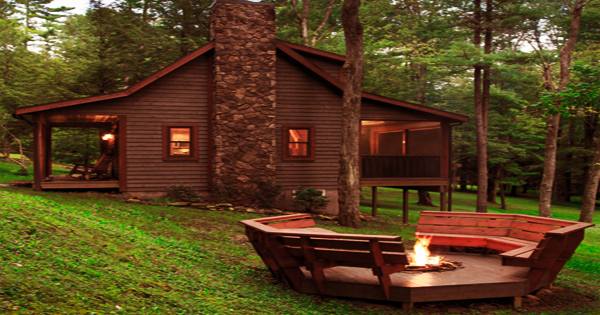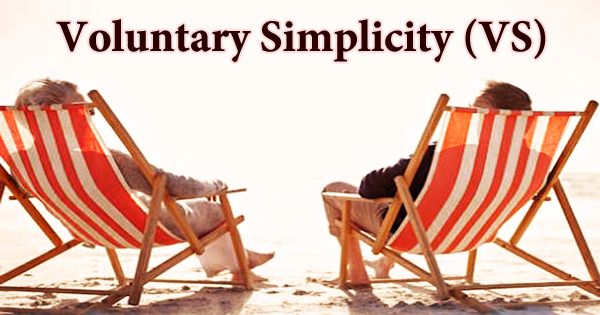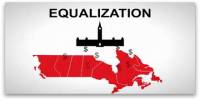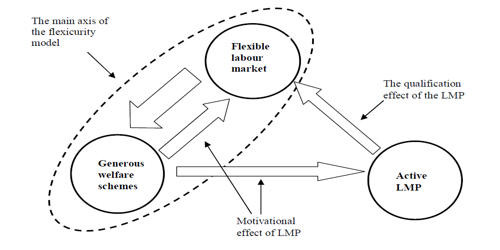Voluntary simplicity (VS), also known as simple living, the simple life, or downshifting, is a way of life that rejects the “hustle and bustle” of fast-paced labor, stress, conspicuous spending, and the pursuit of riches and recognition. It’s anything but a direction for living that limits the unnecessary utilization of material merchandise and the quest for abundance for the wellbeing of its own. Straightforward living might be portrayed by people being happy with what they have instead of need. Although asceticism encourages people to live simply and abstain from luxury and pleasure, not everyone who advocates for simple living is an ascetic.
Individuals embrace voluntary simplicity (VS) to make not so much convoluted but rather more significant lives for themselves and their families, and to lessen the adverse consequence that pointless utilization can have on the environment. Adopters of the lifestyle want to live a more simple and meaningful life by releasing themselves from superfluous wants and requirements. They believe that happiness is derived from factors such as free time, healthy relationships, minimum stress, stable mental health, mindful consumption, and significance, rather than from money.
The VS way of life is frequently examined as a more practical way of life, which has been an essential factor for drawing in interest from a scope of exploration disciplines. By diminishing superfluous utilization, VS can likewise have ecological advantages. A decision to live more simply might free up time and finances to spend with family and interests. A reduction in carbon footprint is a result of voluntary simplicity, which focuses on conscientious consumption.

People who practice voluntary simplicity claim that it is about emancipation rather than deprivation. Materialism and showy consumerism can also be a source of VS. Conservation, degrowth, deep ecology, and tax resistance (anti-war) are some of the sociopolitical aims associated with environmentalist, anti-consumerist, or anti-war groups. VS has additionally been scrutinized for lacking political teeth and the powerlessness to impact structure change. The degree that VS can be viewed as social development is additionally talked about and ideas for additional exploration on this theme are given.
People who practice voluntary simplicity may work fewer hours in order to free up more time to pursue their passions. They require less income to maintain their lifestyle since they spend and consume less. A result of such a way of life is less pressure. Backers of willful effortlessness accept that the present shopper culture time after time urges individuals to imagine that they can purchase satisfaction or lift their societal position with costly merchandise, extravagance vehicles, and ever-bigger homes. Some people, on the other hand, have chosen to escape the rat race and join the voluntary simplicity movement.
Voluntary simplicity (VS) is not a new concept, but the circumstances and trends that appear to be driving its current rise appear to be unprecedented in scope and intensity. Green lifestyles are common among those who choose voluntary simplicity. They might be able to live “off the grid” and generate their own renewable energy. VS is about wanting less in the first place, not merely living with less of what money can purchase. People who practice it claim to feel liberated rather than deprived.
Of course, there are numerous qualities compatible with voluntary simplicity that emanate out, as it were, contacting worldwide just as up close and personal issues, optimistic just as down to earth matters, and common alongside close to home concerns. The primary characteristics of the simple life, according to David Shi, the most prominent historian of the Simplicity Movement, are thoughtful frugality, a suspicion of luxuries, a reverence and respect for nature, a desire for self-sufficiency, a commitment to conscientious rather than conspicuous consumption, and a preference for creativity and contemplation over possessions; an aesthetic preference for minimalism and functionality; and a sense of responsibility for the just uses of the world’s resources.
Many benefits can be realized when one chooses voluntary simplicity, including:
- Feeling more in control of your life
- Reducing financial stress
- Minimizing the desire for material goods
- Scaling down and slowing down
- Creating more free time for family and hobbies
- Reducing stress caused by a career
- Reducing your carbon footprint
- Creating mental space to focus on fulfillment
It ought to be noticed that voluntary simplicity doesn’t, in any case, mean living in destitution, turning into an austere priest, or aimlessly revoking every one of the benefits of science and innovation. It doesn’t include relapsing to a crude state or turning into a pompous puritan. Voluntary simplicity became a core principle of the Financial Independence, Retire Early (FIRE) movement, championed by authors Vicki Robin and Joe Dominguez, among others, toward the close of the 20th century. It proposed that individuals who radically sliced their costs and set aside the cash rather could leave the labor force some time before conventional retirement age and go through those years doing the things they truly needed to do. People who live a simple life believe they have enough resources to live the life they desire. For various people, “enough” can imply different things.
Voluntary simplicity, it could be said, is a notion that speaks to everyone, especially those who live in consumer cultures today, where they are constantly inundated with hundreds of cultural and institutional messages saying that ‘more is always better.’ It’s anything but a way of thinking of living that advocates a nonconformist position dependent on ideas of adequacy and straightforwardness. Without the convincing objective of investigating inward possibilities, it appears to be improbable that there will be adequate inspiration to embrace intentionally a lifestyle of material straightforwardness. Without more simplicity, it appears unlikely that we will be able to successfully deal with challenges caused by scarcity, for example.
Information Sources:
















